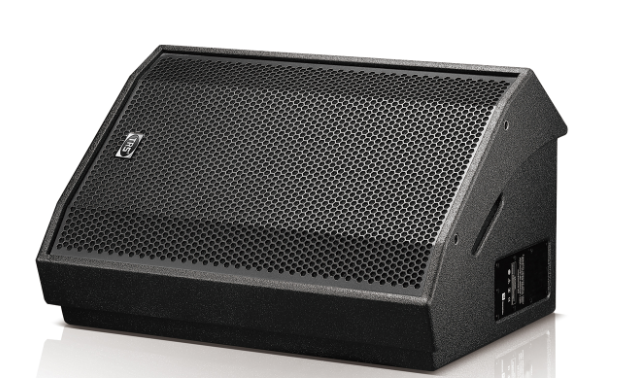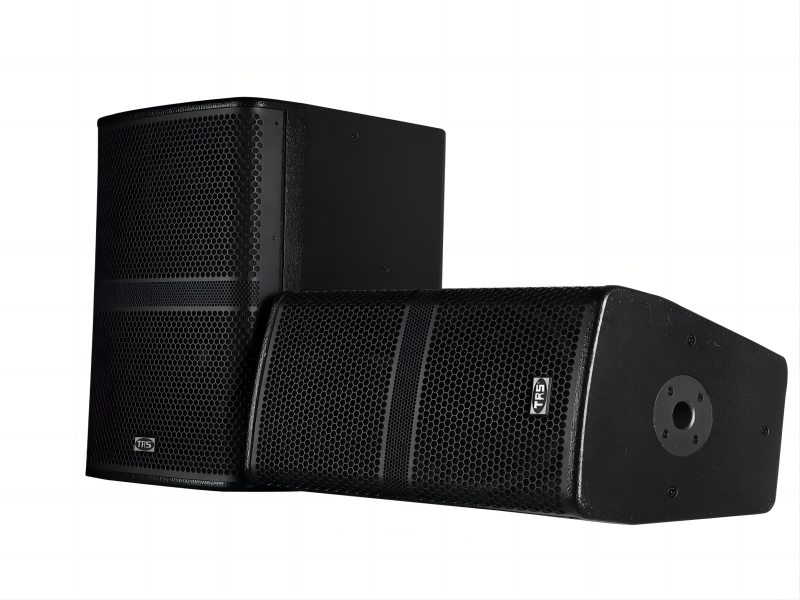In audio equipment, the sensitivity of the speaker equipment is referred to as its ability to convert electricity to sound or sound to electricity.
However, the level of sensitivity in home audio systems is not directly related or influenced by the quality of the sound.
It cannot be simply or excessively assumed that the higher the sensitivity of a speaker, the better the sound quality. Of course, it cannot be directly denied that a speaker with low sensitivity must have poor sound quality. The sensitivity of a speaker usually takes 1 (watt, W) as the input signal power. Place the test microphone 1 meter directly in front of the speaker, and for a two-way full range speaker, place the microphone in the middle of the two units of the speaker. The input signal is a noise signal, and the measured sound pressure level at this time is the sensitivity of the speaker.
A speaker with a wide frequency response has strong expressive power, high sensitivity makes it easy to sound, high power makes it relatively stable and safe, with balanced curves and reasonable and appropriate phase connection, which will not cause distortion due to internal energy consumption. Therefore, it can truly and naturally reproduce various sounds, and the sound has a strong sense of hierarchy, good separation, brightness, clarity, and softness. A speaker with high sensitivity and high power is not only easy to sound, but more importantly, its maximum sound pressure level within a stable and safe state range can “overwhelm the crowd”, and the required sound pressure level can be obtained without requiring too much power to drive.
There are many well-known brands of high fidelity speakers on the market, but their sensitivity is not high (between 84 and 88 dB), because the increase in sensitivity comes at the cost of increasing distortion.
So as a high fidelity speaker, in order to ensure the degree of sound reproduction and reproduction ability, it is necessary to reduce some sensitivity requirements. This way, the sound can be naturally balanced.
Is the higher the sensitivity of the sound system, the better, or is it better to be lower?
The higher the sensitivity, the better. The higher the sensitivity of the speaker, the higher the sound pressure level of the speaker under the same power, and the louder the sound emitted by the speaker. The sound pressure level generated by the device at a certain position at a certain input level (power). Sound pressure level=10 * log power+sensitivity.
Basically, for every doubling of the sound pressure level, the sound pressure level increases by 1dB, but for every 1dB increase in sensitivity, the sound pressure level can increase by 1dB. From this, the importance of sensitivity can be seen. In the professional audio industry, 87dB (2.83V/1m) is considered a low-end parameter and generally belongs to small-sized speakers (5 inches). The sensitivity of better speakers will exceed 90dB, and some can reach above 110. Generally speaking, the larger the speaker size, the higher the sensitivity
Post time: Jul-28-2023


